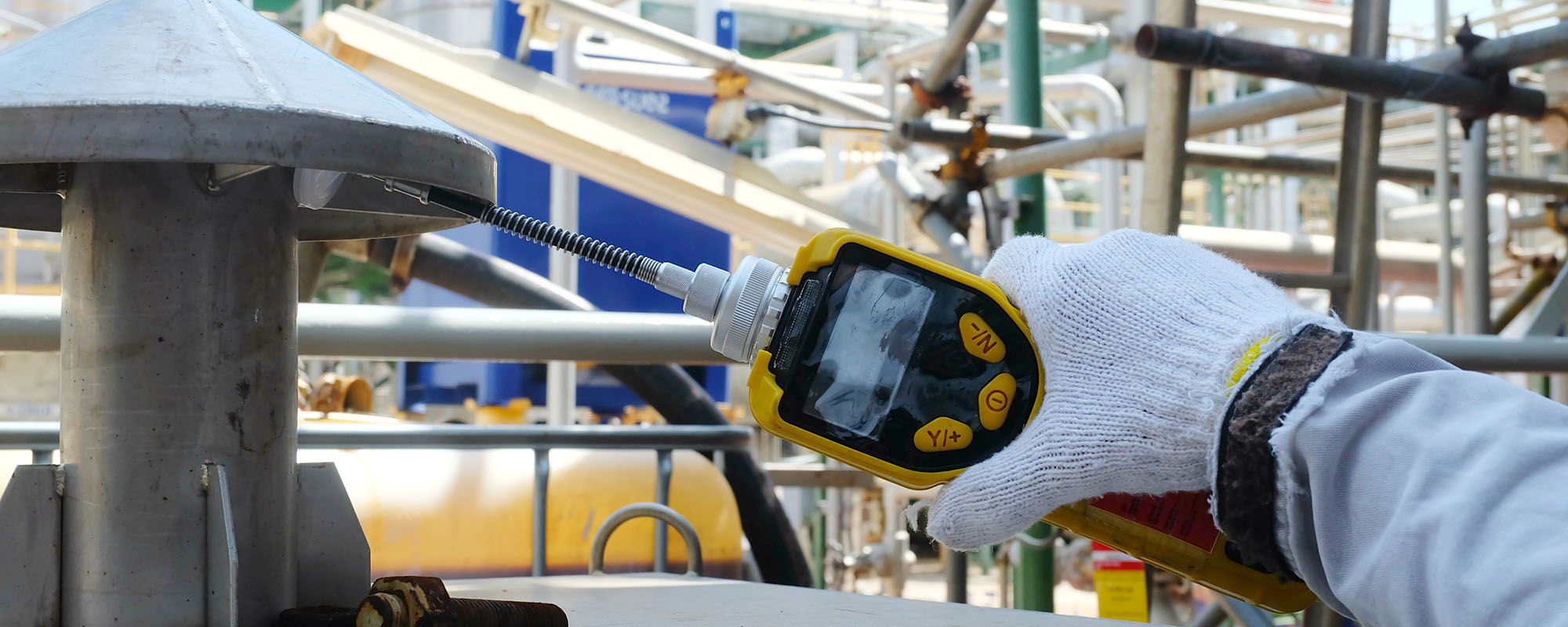John Gabarretta discusses the elegance of chemistry though its reactions.
Chemistry seems to inspire awe, scepticism, and mild disgust, followed by the utterance of something along the lines of ‘that must be complicated’. Conversely, chemistry is an elegant science. One of the most elegant chemical reactions is the one-pot synthesis or multicomponent reactions (MCRs).
MCRs are chemical reactions which make use of three or more molecules within the same ‘pot’ to create a more complex structure. At face value, this might sound unimpressive, but traditional chemistry takes much longer to carry out; one-pot synthesis is much simpler. Their ‘simplicity’ makes them much ‘greener’. They save time and effort while providing very high yielding results with minor by-products. With a little thought and planning it is very easy to produce complex and functional molecules with much less effort than traditional methods, all in one pot.
John Gabarretta (supervised by Prof. Giovanna Bosica) sought to highlight the versatility and efficiency of the one-pot synthesis. His work focused on a reaction termed A3-Coupling, standing for amines, aldehydes, and alkynes—the three basic starting ingredients—which produces structures called propargylamines: highly useful precursors to pharmaceutical compounds. Their structural backbone exists within a number of bioactive substances such as Rasagiline (used to treat Parkinson’s Disease) and Dynemicin A (an antibiotic).
Green Chemistry is a more sustainable approach to industrial reactions. Gabarretta’s work managed to make the A3-Coupling reaction ‘greener’ in three ways. Firstly, the only by-product of the reaction is water, with all the other starting materials being incorporated in the final products. Secondly, with the help of a copper-based catalyst over 90% of the starting materials were turned into the final products in many cases. Finally, the reaction did not require any harmful solvents and the catalyst could easily be recovered and reused several times. A small library of nearly 20 compounds was amassed by varying the different starting materials with the synthesised examples being just a small fraction of the compounds possible through the reaction.
Overall the A3-Coupling reaction in this study shows the flexibility of MCRs and their utility in ensuring efficient yet environmentally-friendly chemical processes ranging from food production to pharmaceutical products. •
This research was performed as part of an Master of Science in Chemistry at the Faculty of Science, University of Malta. It is funded by STEPS (the Strategic Educational Pathways Scholarship—Malta). This scholarship is part-financed by the European Union–European Social Fund (ESF) under Operational Programme II—Cohesion Policy 2007–2013, ‘Empowering People for more Jobs and a Better Quality of Life’.





Comments are closed for this article!